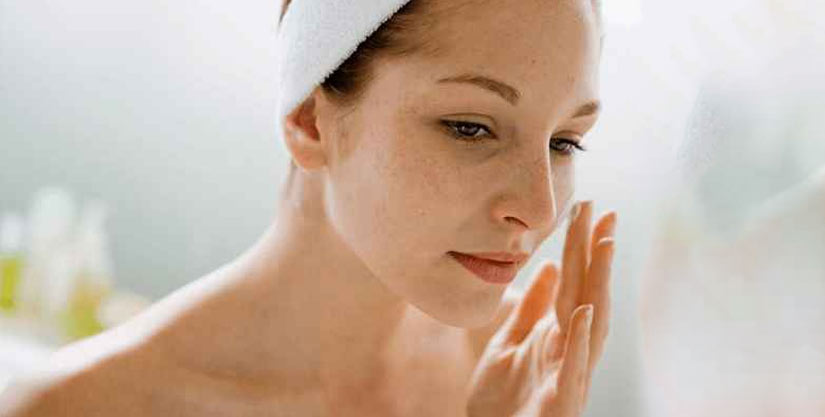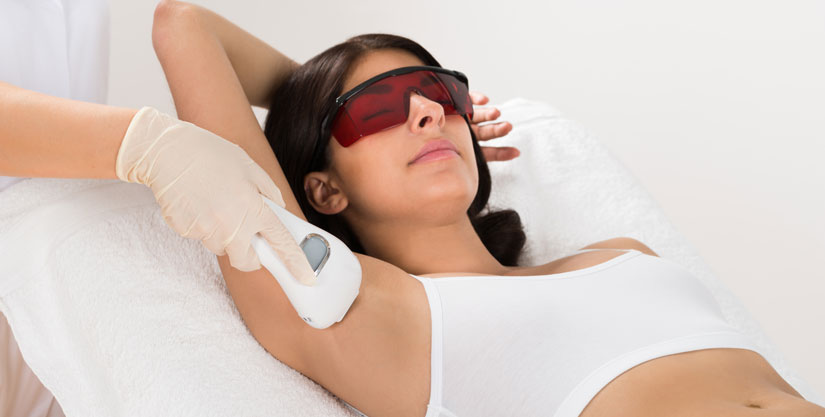- Have any question ?
- +971 55 131 0091
- info@dubailasertreatments.com
Acne scar treatment – Say goodbye to acne scars forever

Why acne scar treatment is important?
Almost all of us experience acne at some stage in our lives. The good news is that acne is a temporary condition, and it usually subsides with age, usually at 25, automatically. In some cases however, acne scar treatment is necessary to prevent acne from damaging the skin permanently. If you experience severe acne, it is advised to consult a dermatologist. Preventing acne scar is always easier than removing it. Here is comprehensive information about acne and acne scars to enable you to take appropriate measures about this common condition.
What are the causes of acne?
- Hormones: Hormones are the most important cause of acne. During puberty, our body increases the production of hormones known as androgens. That’s why; acne is usually associated with puberty.
- Infections: There is an anaerobic bacterium known as P. Acnes widely associated with acne formation. This bacterium causes and increases acne formation by interfering oil production, inflammation, and hampering normal skin sloughing process.
- Diet: Diets high in glycemic index are associated with an increase in acne. These diets are also associated with other diseases. Usually food containing simple carbohydrates and highly refined foods have high glycemic index.
- Psychological: Scientists now agree that stress may cause an acne flare. Scientists found a positive correlation between stress and severity of acne with the help of different studies.
Timely action is the key
If you take timely measures to treat acne, you can stop themleaving ugly scars on your face. Here are the 6 steps you should take when faced with acne.
- Washing the skin: Washing the skin is very important to prevent extra oil from clogging your pores. Wash your face 1-2 times daily with non-drying soap or a face-wash. Adjust the number of washes according to your needs. Keep in mind that the goal is to remove extra oil from the skin, not to dry it. If the skin gets dry, it may produce more oil in response.
- Shampooing the hair: Don’t be surprised. This is a fact that oil or dandruff travels from your scalp to your face. Shampoo whenever you feel your scalp oily.
- Eat clean: Some diets are known to induce and severe acne formation. Simple carbohydrates with high glycemic index should be avoided, and fatty, greasy foods should be limited. Avoid junk food; they are packed with not-so-healthy ingredients.
- Adequate water: Consume adequate water daily. It is necessary for your health and healthy skin.
- Exfoliate: Exfoliation can also make a big difference. If you have severe acne, ask your doctor about exfoliation method which best suits you.
- Consult your dermatologist: If you think that your acnes are getting worse, do not wait and consult your doctor. Proper acne scar treatment may save your skin from permanent damage.
How to treat acne scars?
If you have already got acne scar, they will be difficult to treat with creams and medication. You have to consult a cosmetic surgeon for proper removal of the scars. But don’t worry; with latest technology and affordable prices, you can get rid of these scars permanently. Following are the three most common acne scar removal methods.
- Laser skin resurfacing: Laser skin resurfacing is a very effective method to treat mild acne scars. The laser beam is used to peel off the outer skin. The laser also stimulates the collagen to produce new smoother skin. You will also get additional benefits with laser skin resurfacing, like removal of pigmentation and discoloration.
- Dermal fillers: Dermal fillers can be used to treat certain kinds of acne scars. They fill the depression caused by acne, making it smoother.
- Punch excision: This is a surgical method to treat deep acne scars e.g. boxcar and icepicks. In this procedure, the depressions are removed with a special tool called punch biopsy. The edges of the scar are then sutured together. Grafting is sometimes used to obtain the required results.
 +971 55 131 0091
+971 55 131 0091


